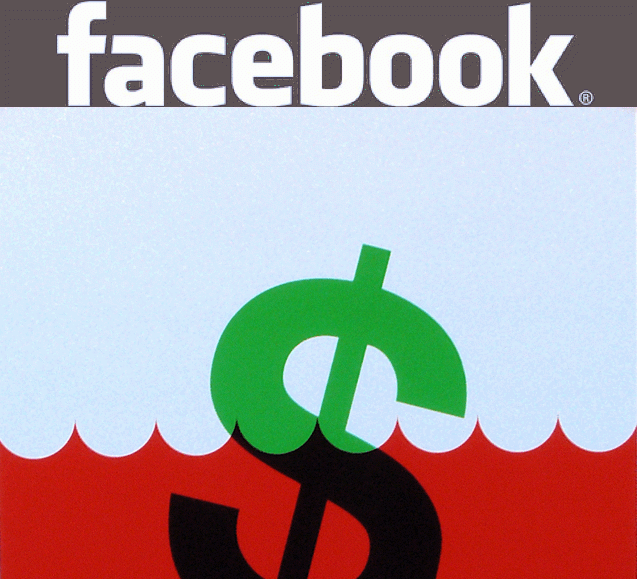Secure your place at the Digiday Publishing Summit in Vail, March 23-25

Michael Wolff, former Adweek editor and founder of Newser, isn’t very optimistic about Facebook, or the rest of the ad-supported Web for that matter. In a recent article he wrote for Technology Review entitled “The Facebook Fallacy,” Wolff warns that Facebook is not immune to the huge problem of the decreasing value of ads that the digital media industry is facing and that Facebook is going to go down:
But that’s what Facebook is doing, selling individual ads. From a revenue perspective, it’s an ad-sales business, not a technology company. To meet expectations—the expectations that took it public at $100 billion, the ever-more-vigilant expectations needed to sustain it at that price—it has to sell at near hyperspeed.The growth of its user base and its ever-expanding page views means an almost infinite inventory to sell. But the expanding supply, together with an equivocal demand, means ever-lowering costs. The math is sickeningly inevitable. Absent an earth-shaking idea, Facebook will look forward to slowing or declining growth in a tapped-out market, and ever-falling ad rates, both on the Web and (especially) in mobile. Facebook isn’t Google; it’s Yahoo or AOL.
Do you agree that the Facebook crash, and the fall of the rest of the Web will come? Read the full article here.
More in Media

In Graphic Detail: Publishers chase video podcast growth, but audio still leads
Podcasting may be racing into video, but more listeners still prefer audio — leaving publishers caught between hype and habit.

WTF is a creator capital market?
What is a creator capital market, what does it mean for creators looking to diversify revenue, and why is it so closely tied to crypto?

Media Briefing: Publishers explore selling AI visibility know-how to brands
Publishers are seeing an opportunity to sell their AI citation playbooks as a product to brand clients, to monetize their GEO insights.





